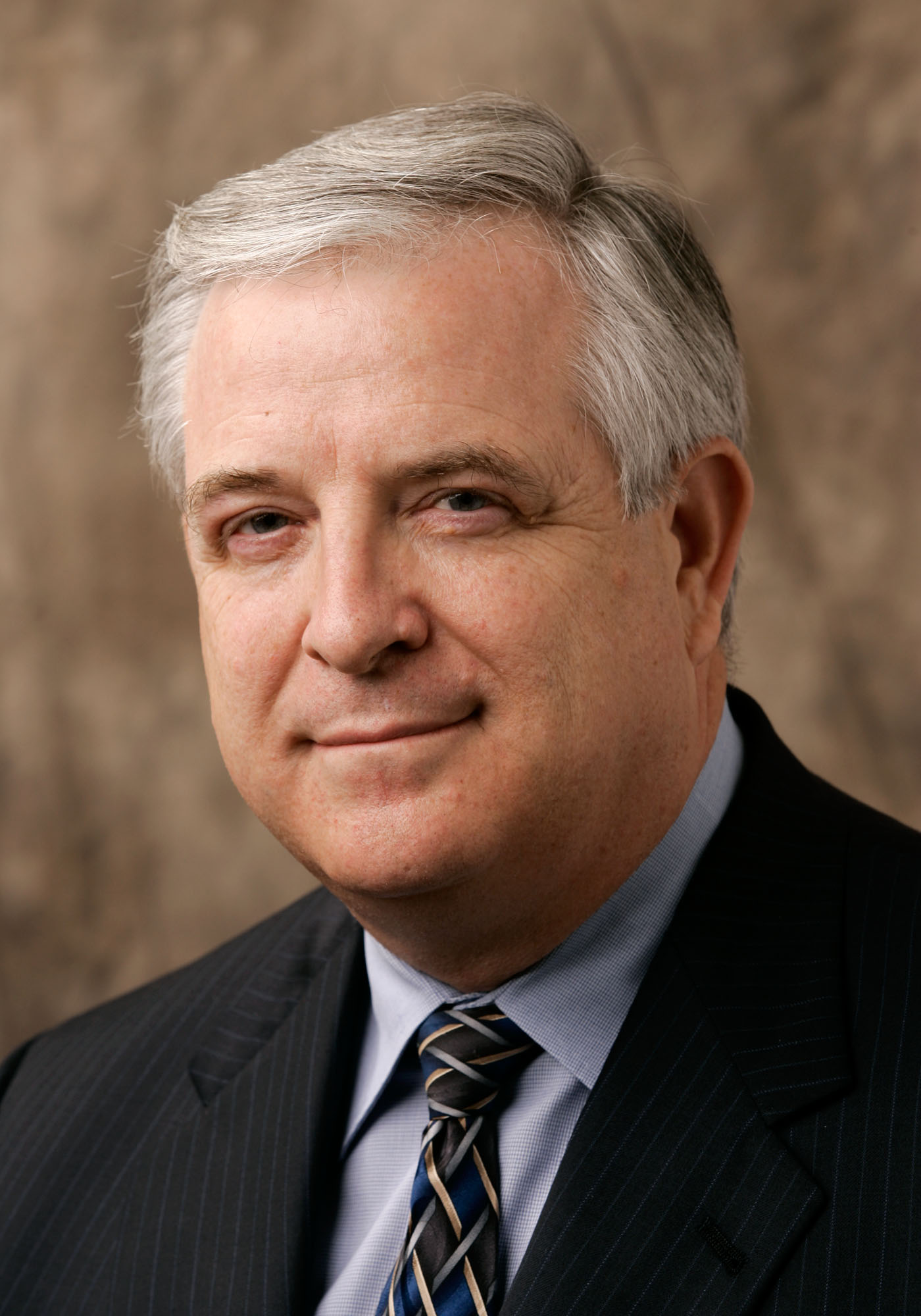The 2021 J. William Uhrig and Anastasia Vournas Distinguished Short Course Series is presented by Michael Francis

Abstract
The Anatomy of Autonomy short course is intended to enable a fundamental understanding of autonomous capabilities and technologies in aerospace systems, encompassing their evolution, current practice, and potential future prospects. Emphasizing aviation applications, the course is designed to serve as an introductory overview for engineering students or engineers otherwise unfamiliar with the subject, with an intent to motivate interest in relevant research and technology development. Some specific topics addressed include:
- Autonomous systems background, history and motivation;
- Autonomous capabilities in contemporary aerospace systems;
- A functional architecture based on the ‘machine decision cycle’ that shapes autonomous system development;
- Hierarchical levels of autonomous capability, encompassing relevant metrics;
- Applications serving as catalysts for autonomous system development & operations – including flight management simplification, optionally piloted aircraft, unmanned air systems (UAS), advanced air mobility (AAM); air traffic management (ATM), and space system operations;
- System design considerations that encompass diverse, rapid technology advances, legacy practices, and regulatory constraints (e.g., avionics, safety critical software)
- The influence and impact of evolving autonomous capabilities on current engineering practice, including systems engineering and the evolving human-machine relationship.
- Prospects for future autonomous capabilities, as well as current barriers to their development and implementation. Challenges such as comprehensive functional integration and the application of artificial intelligence to flight operations are also discussed.
The course consists of six (6), 1-hour interactive lectures, including background and review material.
Bio
Michael Francis is an aerospace executive and technologist with over 45 years of experience in architecting and leading advanced research and technology programs spanning government, industry and academia. He currently serves as an independent consultant in aerospace and related advanced technology subjects.
He is best known for his pioneering work in unmanned air systems (UAS) development, having initiated the original Unmanned Combat Air Vehicle (UCAV) and Micro Air Vehicle programs while serving at the Defense Advanced Research Projects Agency (DARPA) in the early-1990s. He later returned to the Department of Defense (DOD) as the civilian Director for the $4B DARPA-Air Force-Navy Joint Unmanned Combat Air Systems (J-UCAS) Program – the largest unmanned air systems development to that point in time.
Francis began his professional career as an officer in US Air Force, retiring as a Colonel after 27 years, much of it in research and development for aeronautical and space systems. Following his military career, he served as the he held executive leadership positions with Lockheed Martin Corporation, General Atomics, and Aurora Flight Sciences. While at Aurora, he co-founded and served as the first president of Athena Technologies – a start-up control systems company, later acquired by Rockwell Collins.
More recently, Francis created and led an initiative in Autonomous and Intelligent Systems for the United Technologies Research Center (UTRC). During that period, in a dual role at the Sikorsky Aircraft business unit, he initiated and guided Sikorsky’s program to develop autonomous systems for optionally-piloted and unmanned helicopters.
Francis holds B.S., M.S. and Ph.D. degrees in Aerospace Engineering from the University of Colorado, as well as an honorary doctoral degree. He is a Fellow of the American Institute of Aeronautics and Astronautics and has authored or co-authored more than 40 open literature publications.
He currently serves as an independent consultant regarding aerospace matters.
